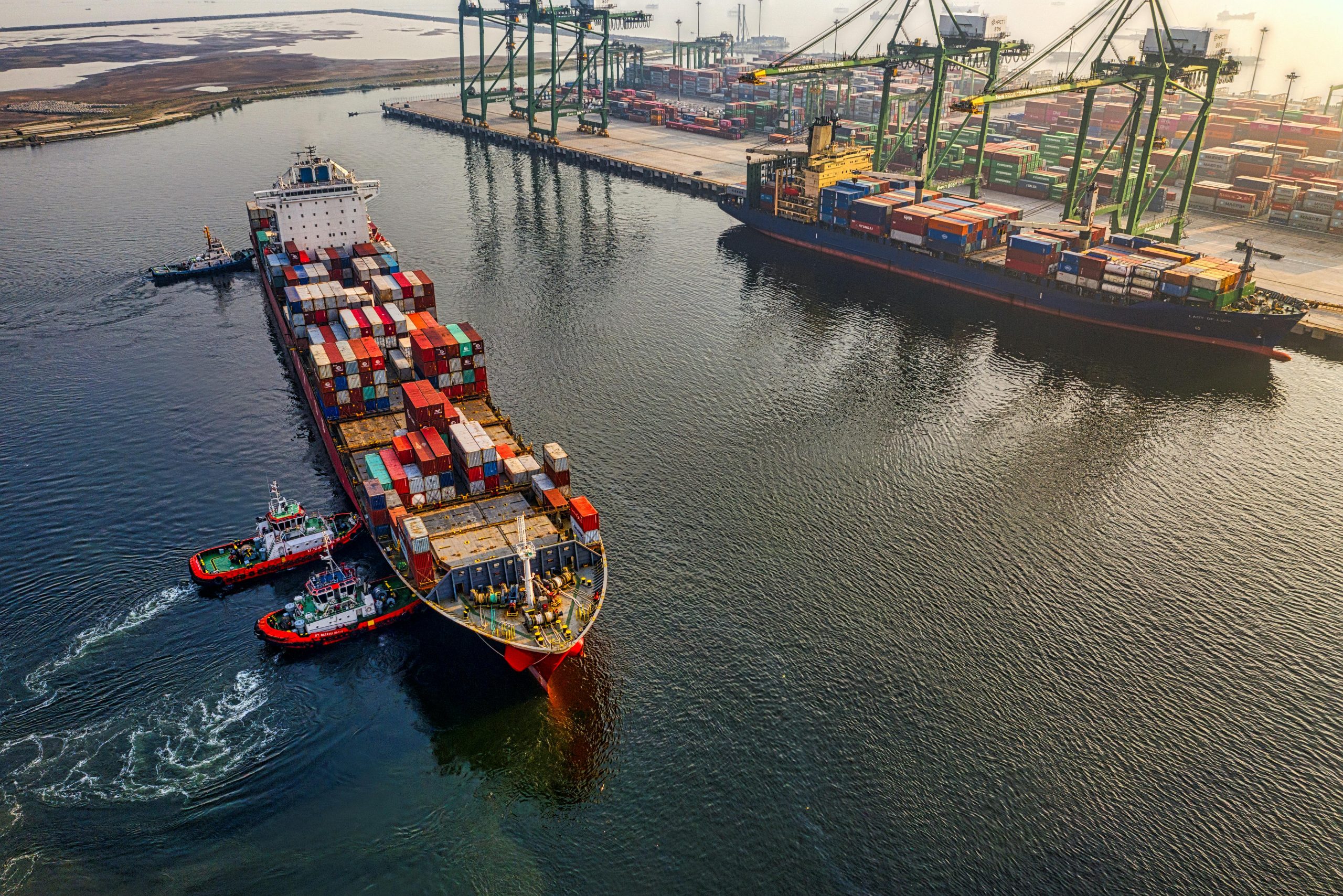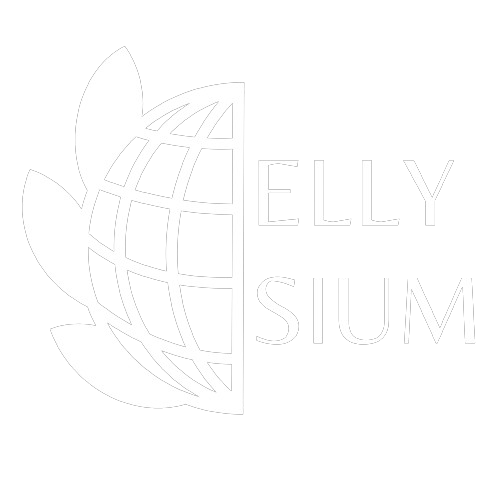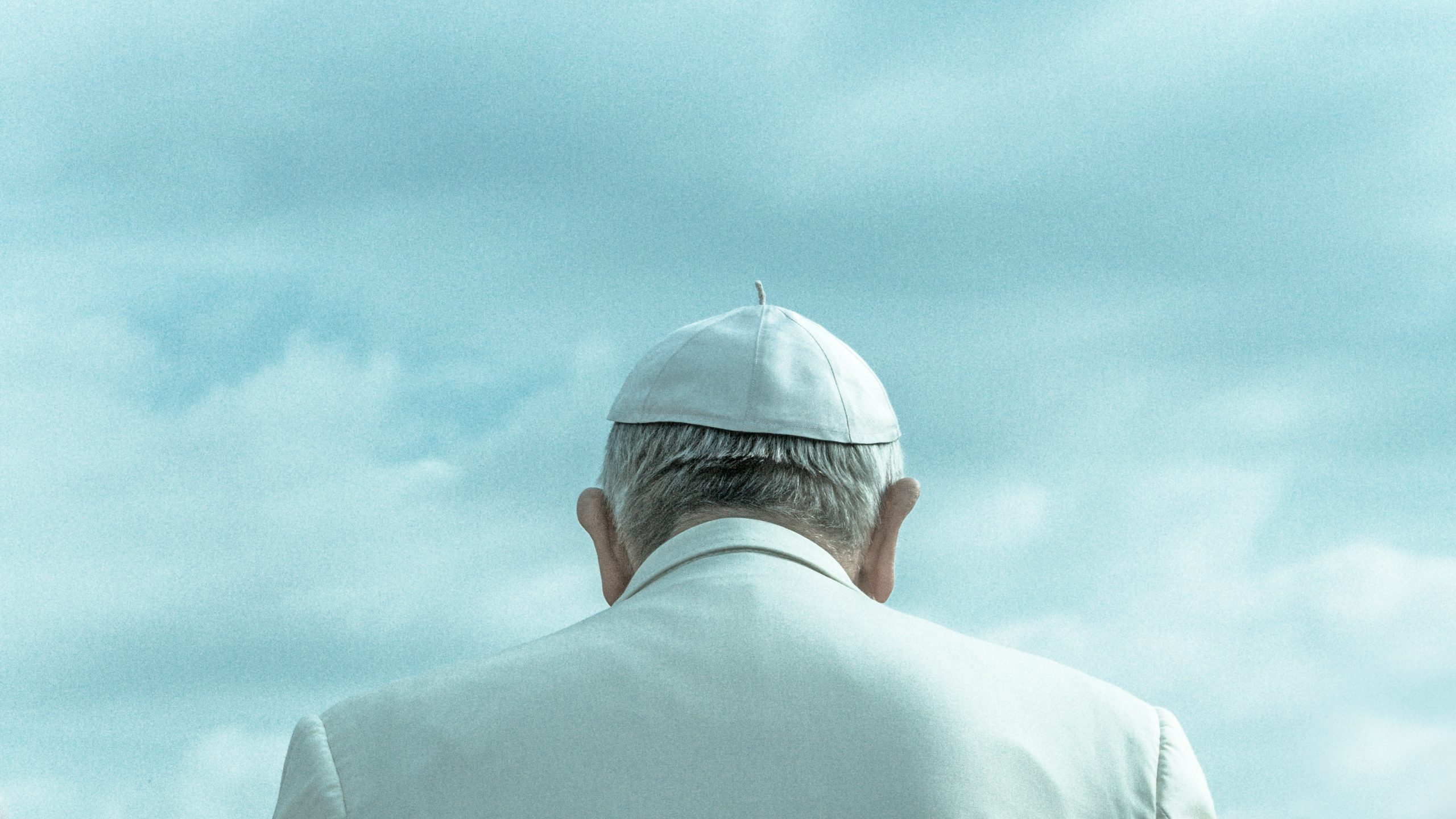By: Alberto Rodríguez Rodríguez
Member of the Department of Communication and Marketing
Bachelor's Degree in International Studies at UAM
The death of Pope Francis represents an event of global reach whose repercussions transcend the strictly religious sphere to directly affect the structure and dynamics of contemporary international geopolitics. The Argentine pontiff, the first Latin American pope and the first Jesuit to occupy the throne of Peter, knew how to give the Holy See the profile of a global actor, endowed with a renewed soft power and a capacity for dialogue that extended to the main multilateral forums, as well as to conflict and crisis scenarios where the moral legitimacy and diplomatic neutrality of the Vatican were decisive[1]. During his pontificate, Francis redefined the international action of the Catholic Church, directing his discourse and praxis towards the defense of the marginalized, the promotion of interreligious dialogue, the denunciation of inequalities and the protection of the environment, in a context of growing geopolitical fragmentation, the rise of populism and the crisis of multilateral systems[2]. The disappearance of a figure of such magnitude therefore raises fundamental questions about the future role of the Holy See in the international architecture, about the continuity or not of its reformist legacy and about the capacity of the Church to continue being an ethical reference and a credible mediator in the resolution of the great global challenges[1].
Soft Power and Presence in Global Governance
Francis' geopolitical legacy is articulated around a revitalization of the Vatican soft power , understood as the ability to influence the international agenda through moral authority, discreet diplomacy and the construction of consensus around universal values. Under his leadership, the Holy See expanded its presence in multilateral forums, actively participating in the UN, the G20, the COP and other international organizations, where it advocated for multilateralism, the protection of human rights and the ethical responsibility of States in the face of challenges such as climate change, poverty and forced migrations[1]. Francis knew how to position the Church as a relevant actor in global governance, not only through words, but also through concrete actions, such as his intervention in the reestablishment of diplomatic relations between the United States and Cuba, his role in the Venezuelan crisis, his support for the peace processes in Colombia and South Sudan, and his repeated calls for dialogue in the Middle East, Ukraine and the Korean Peninsula[2]The publication of the encyclicalLaudato si” marked a milestone in climate diplomacy, providing an ethical framework that influenced the negotiation and subsequent adoption of the Paris Agreement, while its condemnation of both the use and possession of nuclear weapons represented a major doctrinal shift[1].
Francis' death consequently creates a vacuum of moral and political leadership at a time of systemic crisis, where the war in Ukraine, the conflict in Gaza, the growing rivalry between China and the United States and the proliferation of regional conflicts erode global governance. The figure of the Argentine pope was perceived, even by actors far from the Catholic faith, as an ethical counterweight to the logic of blocs, the escalation of arms and the political instrumentalization of religion. Its ability to build bridges between opposing actors, to maintain open channels of communication with authoritarian governments and social movements, and to legitimize multilateral initiatives in the field of peace, development and human rights, placed the Holy See in a position of centrality in international diplomacy[1]. The absence of their voice and leadership can facilitate the radicalization of positions in conflicts where the Vatican had acted as a mediator, as in the case of Russia and Ukraine or Israel and Palestine[3].
Internal Challenges of the Church in Transition
Internally, the Catholic Church faces enormous structural challenges, which are now exacerbated by the papal transition. The growing secularization in Europe, the rise of Catholicism in Africa and Asia, the management of crises such as sexual abuse and financial transparency, and the need to renew ecclesial discourse and praxis to respond to the expectations of a world in transformation, make up a highly complex scenario. The next conclave, which will be one of the most diverse and global in history, thus becomes an event of geopolitical relevance, since the election of Francis' successor will determine not only the course of the Church, but also its weight and capacity for influence in the international architecture[4].
The composition of the College of Cardinals, with greater representation from Africa, Asia and Latin America, reflects the shift of the demographic axis of Catholicism towards the Global South, and opens the possibility that the next pope will come from traditionally peripheral regions in the history of the Church. The election of an African pontiff, for example, would reinforce the legitimacy of the Church in the Global South, increase its capacity to mediate regional conflicts and project an agenda more sensitive to the problems of the periphery[3].
However, the papal succession is marked not only by the geographical variable but also by the doctrinal and pastoral orientation of the future pontiff. Francis promoted reforms in terms of financial transparency, the fight against sexual abuse, ecclesial decentralization and openness to traditionally excluded groups, such as migrants, the poor and sexual minorities. A successor aligned with these reforms would consolidate the role of the Vatican as a progressive and globalizing actor[2]. On the contrary, a conservative or Eurocentric turn could withdraw the international action of the Church[4].
Conclusion: a Key Transition in the Modern History of the Church
The papal transition also occurs in a context of crisis in multilateral systems and the emergence of new actors and coalitions. The absence of Francis and the uncertainty about the profile of the next pope may weaken the Church's ability to articulate global responses to the great challenges of the 21st century[1]. An additional variable to consider is the impact that the papal transition will have on the bilateral and multilateral relations of the Holy See with the main actors of the international system. The United States, the European Union, Russia, China, Brazil and other emerging powers have developed, during Francis' pontificate, a pragmatic and strategic relationship with the Vatican[5].
Likewise, the leadership vacuum left by Francis may have repercussions on the internal cohesion of the Church and its ability to respond to the challenges of modernity[4]. The next pontiff will have to face the task of consolidating the reforms initiated by Francis, deepening decentralization and transparency, and strengthening the presence of the Church in spaces of intercultural, interreligious and scientific dialogue[1]. The death of Francis and the imminence of the conclave open a period of transition that will be closely observed by the international community, the media and global civil society[5]. In a world marked by uncertainty, fragmentation and the emergence of new global challenges, the Holy See is called to renew its commitment to peace, social justice and sustainable development. The challenge is huge, but so is the opportunity to consolidate global leadership based on moral authority, discreet diplomacy and the ability to articulate innovative and supportive responses to the common problems of humanity[1].



Leave a Reply